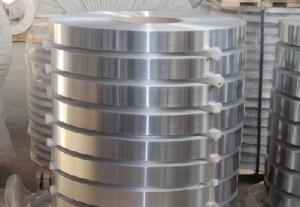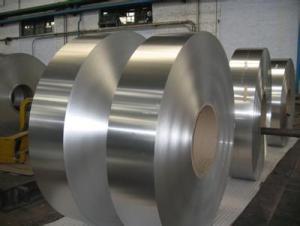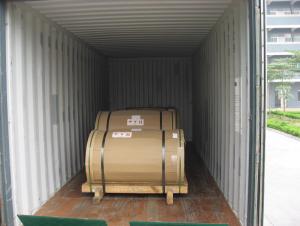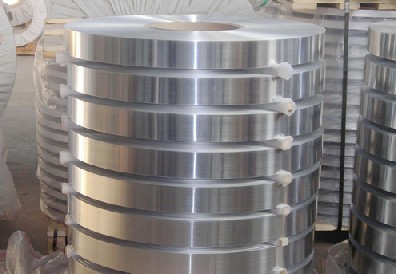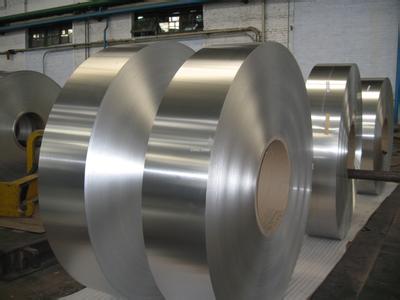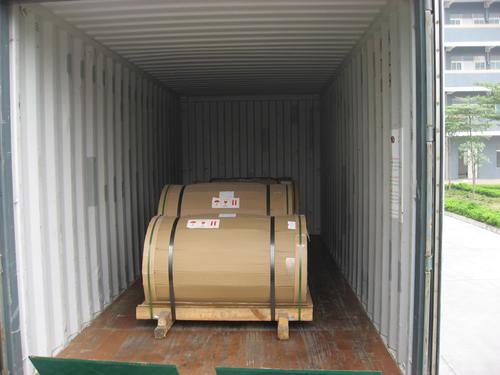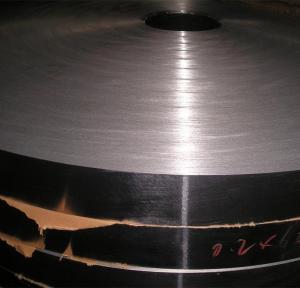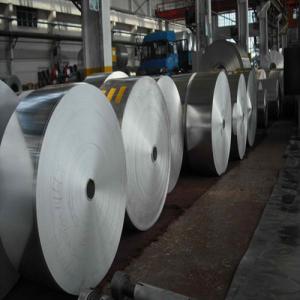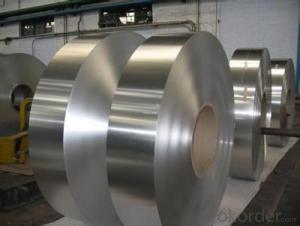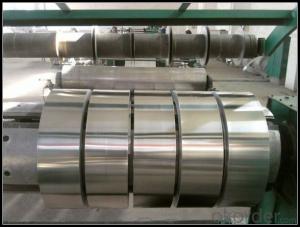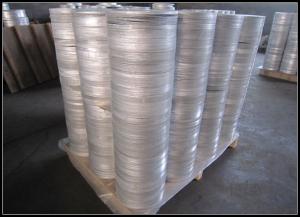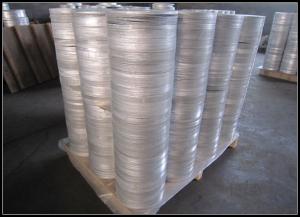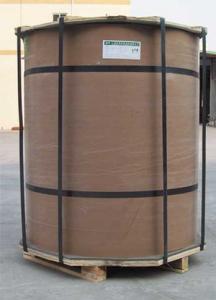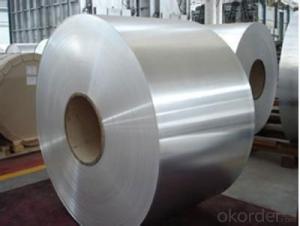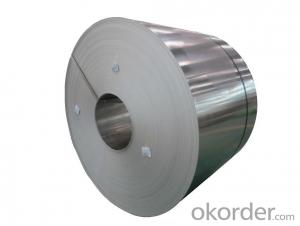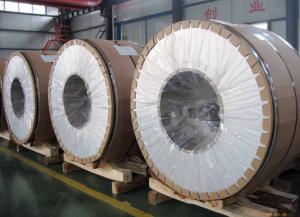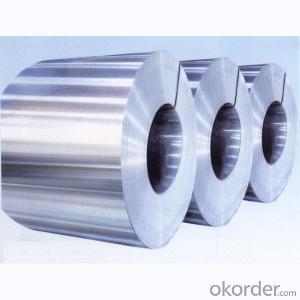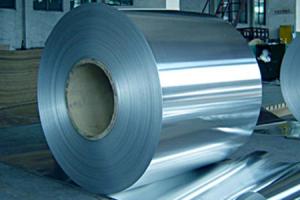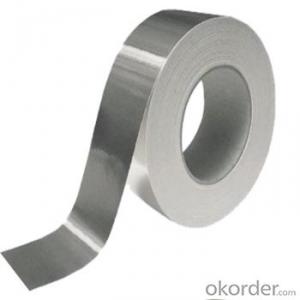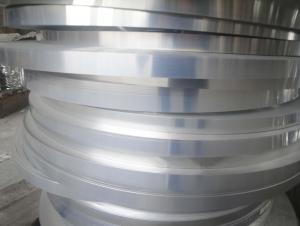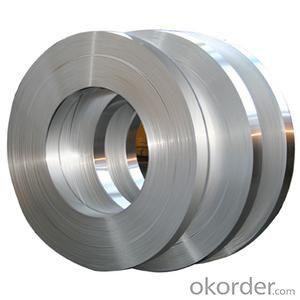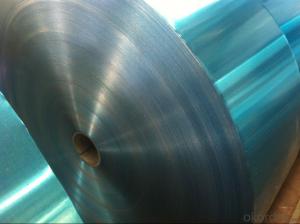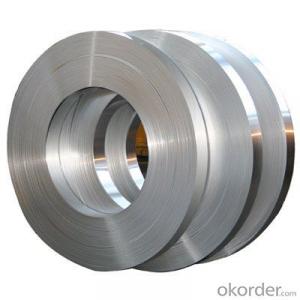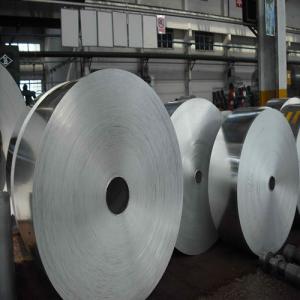Aluminum Strips Lowes AA5XXX Mill-Finished Aluminum Coils D.C Quality for Construction
- Loading Port:
- Shanghai
- Payment Terms:
- TT OR LC
- Min Order Qty:
- 5 m.t.
- Supply Capability:
- 10000 m.t./month
OKorder Service Pledge
OKorder Financial Service
You Might Also Like
Specification
1.Structure of AA5xxx Mill-Finished Aluminum Coils Used in D.C Quality for Construction Description
AA5xxx Mill-Finished Aluminum Coils Used in D.C Quality for Construction has great ductility, heat conductivity, anti-corrosion and moisture resistance properties.
AA5xxx Mill-Finished Aluminum Coils Used in D.C Quality for Construction is widely used for electronics, instruments, lighting decoration, packing industry, house decoration, curtain wall, honeycomb-core panel, sandwich panel, aluminum composite panel and aluminum composite pipes.
2.Main Features of AA5xxx Mill-Finished Aluminum Coils Used in D.C Quality for Construction
• Superior quality of raw material
• Reasonable and stable chemical composition
• Accurate tolerance
• Goode mechanical property
3.AA5xxx Mill-Finished Aluminum Coils Used in D.C Quality for Construction Images
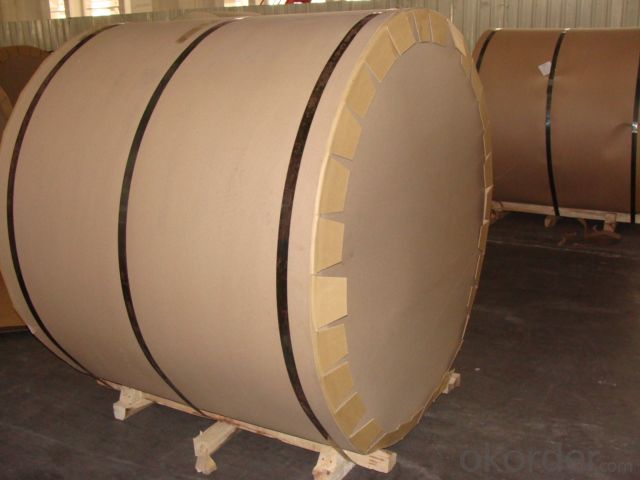
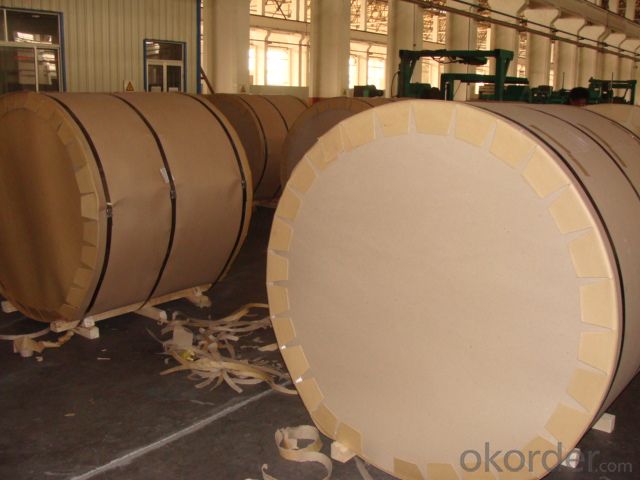
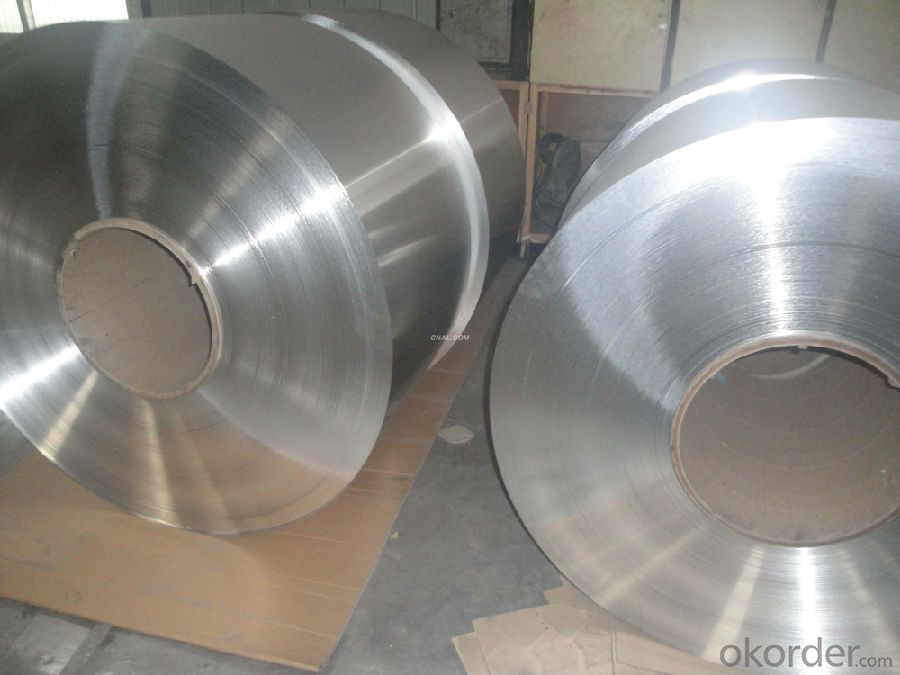
4.AA5xxx Mill-Finished Aluminum Coils Used in D.C Quality for Construction Specification
Alloy | AA5xxx (AA5754 etc.) |
Temper | H14, H16, H18, H22, H24, H26, H32, O/F |
Thickness | 0.2mm -- 100mm |
Width | 30mm -- 1700mm |
Standard | GB/T 3880-2006,EN,ASTM,JIS |
What is the quality standard?
---Usually our standard is GB3880-2006
What is the largest width?
---It is 2300mm
What is the MOQ?
---Usually we can accept 80 tons.
- Q: This question asks for a comparison of the cost of aluminum strips with other materials.
- <p>The cost of aluminum strips compared to other materials can vary significantly depending on the specific material being compared. Generally, aluminum is considered an economical choice due to its low cost, availability, and recyclability. It is less expensive than many metals such as stainless steel, copper, and titanium. However, when compared to plastics or some composite materials, aluminum might be more costly. The cost also depends on factors like the current market price of aluminum, the thickness and width of the strip, and the quality of the aluminum. For precise cost comparisons, it's best to consult current market prices and specific product specifications.</p>
- Q: What is the best capacitance for an aluminum ribbon tweeter?
- You can ask your friends on the Internet to inquire about them, they will be more sincere, eager to find the answer for you, and even direct search related sites
- Q: What distinguishes extruded aluminum strips from rolled ones in terms of manufacturing process and properties?
- <p>Extruded aluminum strips are formed by forcing aluminum through a die, creating a specific profile or shape. This process results in a more uniform cross-section and can produce complex profiles. Extruded strips are stronger and have better dimensional stability due to the grain flow being aligned with the direction of the extrusion. Rolled aluminum strips, on the other hand, are created by passing aluminum between rollers to achieve the desired thickness and width. This method is more suitable for producing thin, wide strips and is less costly for simpler profiles. Rolled strips may have some residual stresses and are not as strong as extruded ones, but they are more flexible and can be used in applications requiring formability.</p>
- Q: Is it possible to manufacture high-quality aluminum strips exclusively from recycled materials?
- <p>Yes, high-quality aluminum strips can be made from recycled materials. The recycling process allows for the production of aluminum that is often indistinguishable from primary aluminum in terms of quality. Recycling aluminum is more energy-efficient and has a lower environmental impact compared to mining and refining new aluminum. The process involves melting the scrap aluminum, which can be sourced from various products, and then casting it into new forms, such as strips. This not only conserves resources but also reduces waste, making it a sustainable practice in the aluminum industry.</p>
- Q: This question asks if it's possible to use various types of siding materials on a home's exterior to achieve a desired aesthetic.
- <p>Yes, you can use different types of siding on your home's exterior to match your style. Mixing materials such as vinyl, wood, brick, or stone can create a unique and personalized look. It's important to consider the architectural design and ensure that the materials complement each other in terms of color, texture, and style. Consult with a professional to help you choose the right combination that suits your home and preferences while also considering factors like durability, maintenance, and cost.</p>
- Q: What are the various classifications of aluminum strip based on their properties and applications?
- <p>Aluminum strips are classified into different grades based on their alloy composition, mechanical properties, and applications. Common grades include 1000 series (99% pure aluminum), 3000 series (aluminum-manganese alloys), 5000 series (aluminum-magnesium alloys), and 6000 series (aluminum-magnesium-silicium alloys). Each grade has specific characteristics, such as corrosion resistance, formability, and strength, making them suitable for various industries like construction, automotive, and packaging.</p>
- Q: Explain the distinctions between standard and custom aluminum products.
- <p>Standard aluminum products are mass-produced items with fixed specifications and designs, readily available in the market. They are cost-effective and quick to acquire but may lack specific features needed for unique applications. Custom-made aluminum products, on the other hand, are tailored to meet specific client requirements. They involve a design and manufacturing process that aligns with the client's exact needs, often resulting in a product with unique dimensions, finishes, or functionalities. This customization can lead to higher costs and longer lead times but ensures the product fits the intended application perfectly.</p>
- Q: The user is asking if it's possible to use aluminum strips in the construction of solar panels.
- <p>While aluminum is a common material used in the construction of solar panels, particularly for framing and mounting, it is not used to create the actual solar cells. Solar cells are typically made from silicon, which is capable of converting sunlight into electricity. Aluminum strips can be used in the assembly and support structure of solar panels, but they do not contribute to the photovoltaic effect that generates electricity. Therefore, you cannot use aluminum strips to make the active solar cell component of solar panels.</p>
- Q: What are the certifications or standards that apply to aluminum strips?
- <p>Yes, there are several certifications and standards for aluminum strips. These include ASTM B209, which specifies requirements for aluminum and aluminum alloy sheet and plate, and EN 573, which covers the chemical composition and mechanical properties of aluminum and aluminum alloys. Additionally, there are ISO standards such as ISO 6361 and ISO 6892 that define the requirements for aluminum and aluminum alloys in terms of mechanical properties and chemical composition. These standards ensure the quality and consistency of aluminum strips used in various industries.</p>
- Q: Explain the use of aluminum strips in the automotive industry briefly.
- <p>Aluminum strips are widely used in the automotive industry due to their lightweight, corrosion resistance, and high strength-to-weight ratio. They are commonly used in the manufacturing of car bodies, engine parts, and heat exchangers. Aluminum strips are also utilized in the production of wheels, where their lightweight nature contributes to improved fuel efficiency and performance. Additionally, they are employed in the construction of radiators, air conditioning systems, and various electrical components due to their excellent thermal conductivity and electrical properties. The use of aluminum strips in automotive applications helps reduce vehicle weight, which in turn enhances fuel economy and reduces emissions.</p>
Send your message to us
Aluminum Strips Lowes AA5XXX Mill-Finished Aluminum Coils D.C Quality for Construction
- Loading Port:
- Shanghai
- Payment Terms:
- TT OR LC
- Min Order Qty:
- 5 m.t.
- Supply Capability:
- 10000 m.t./month
OKorder Service Pledge
OKorder Financial Service
Similar products
Hot products
Hot Searches
Related keywords
